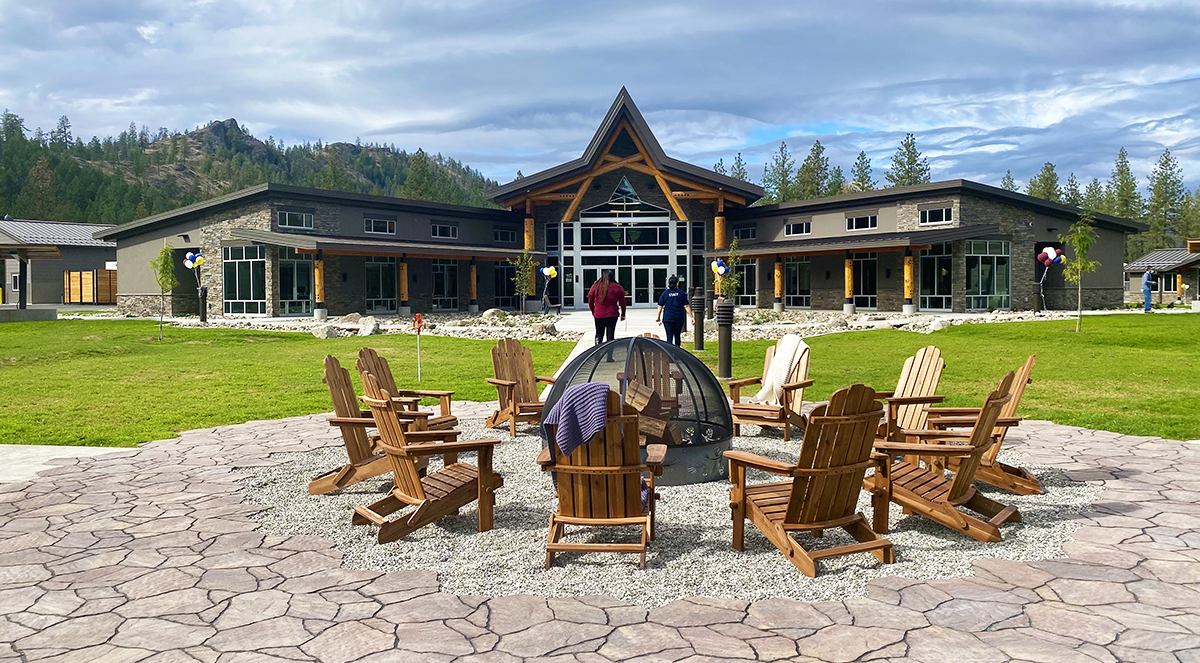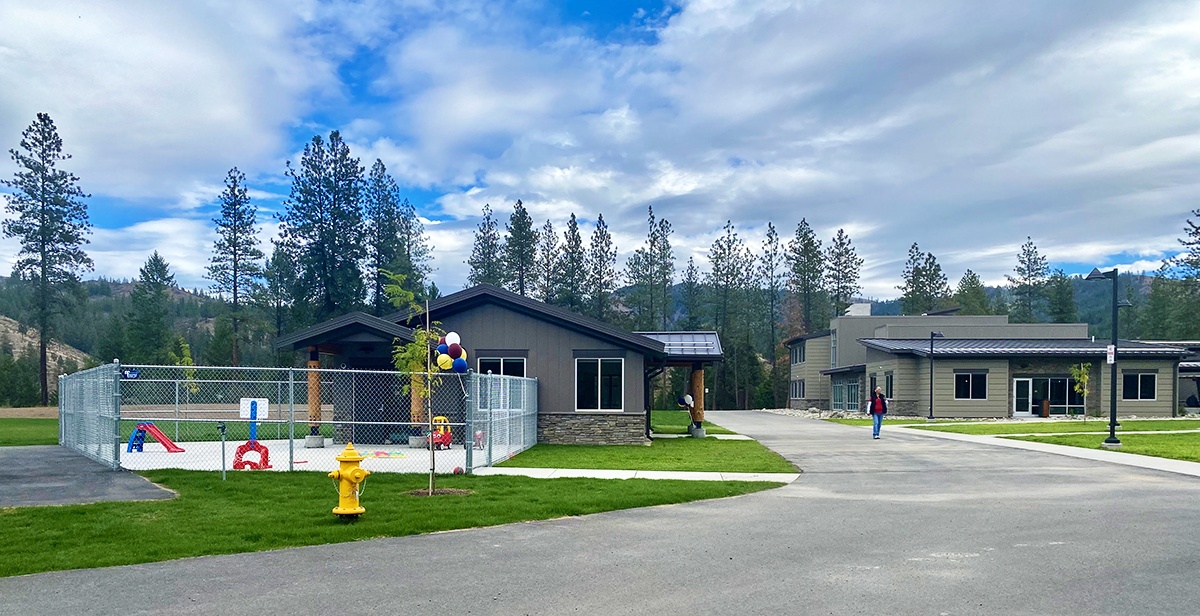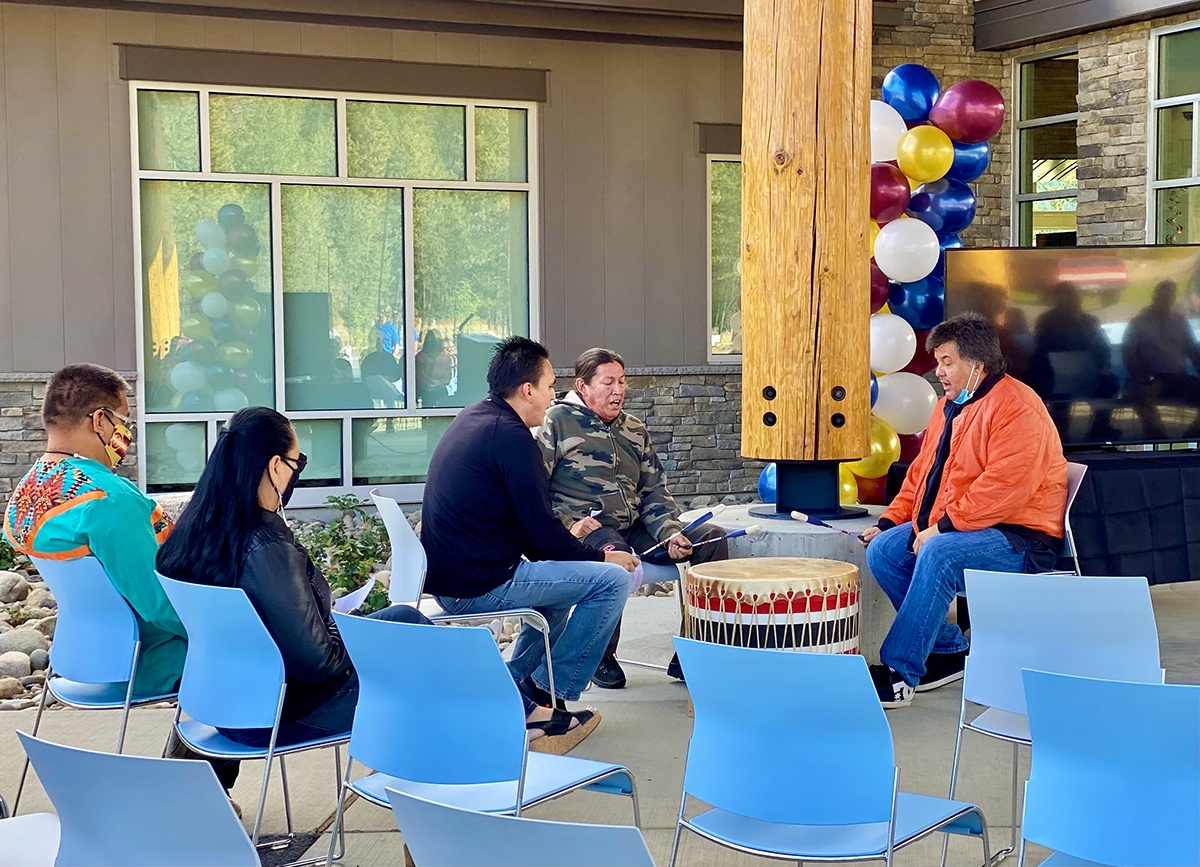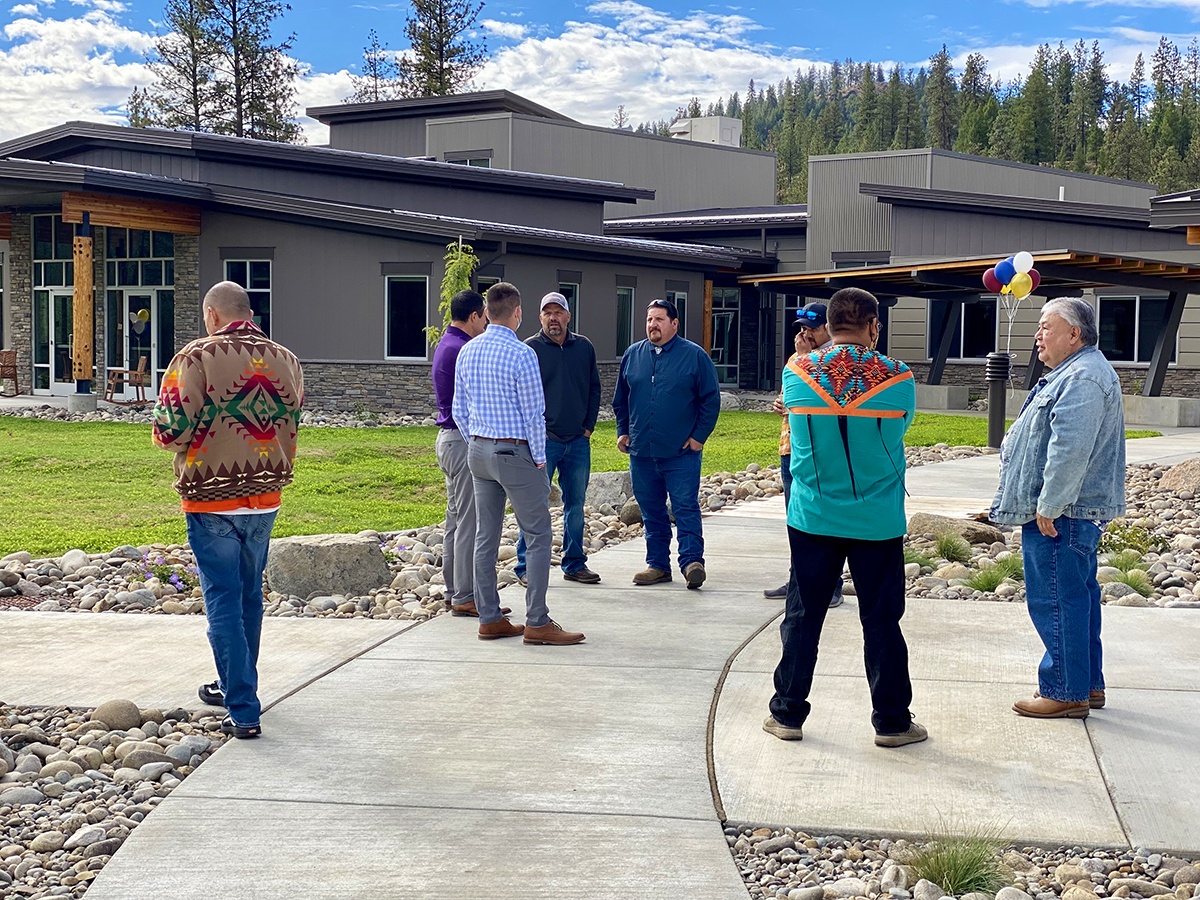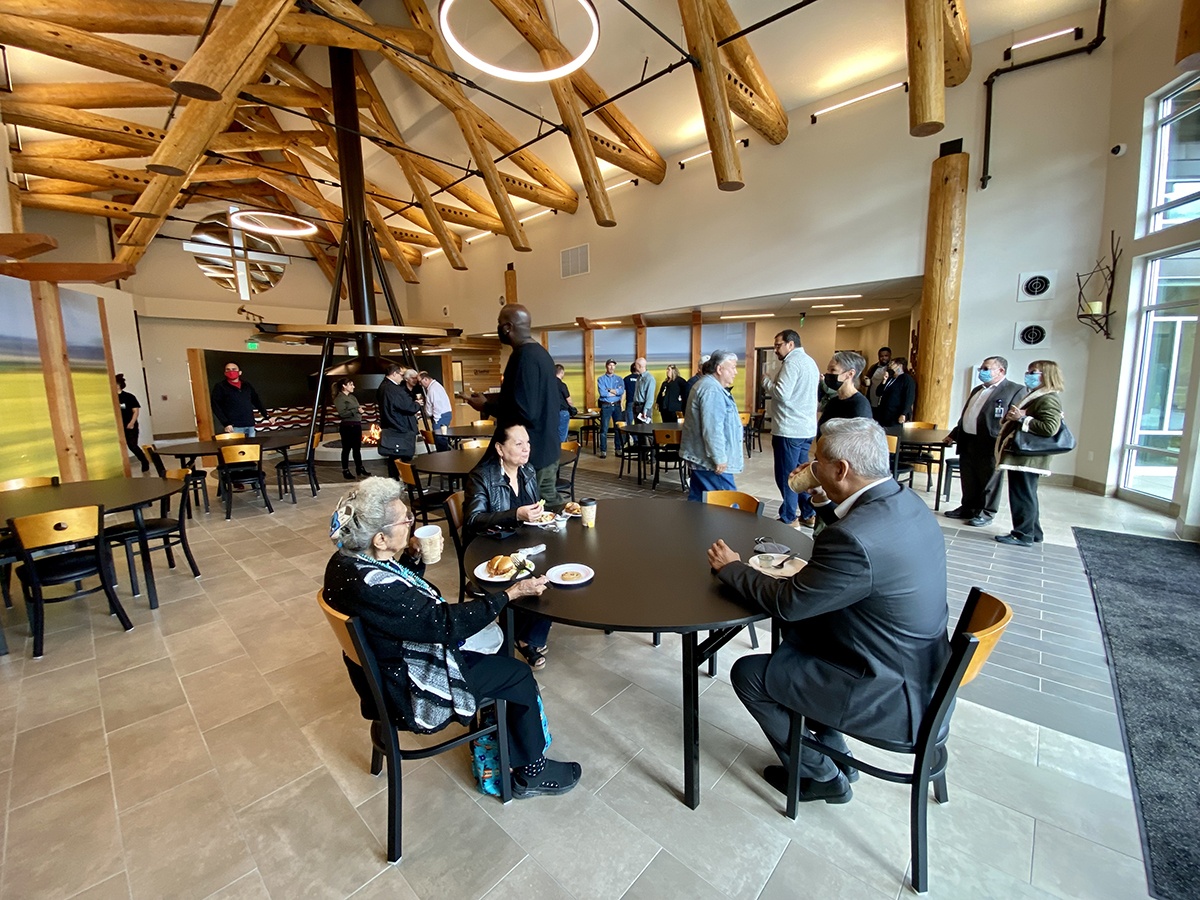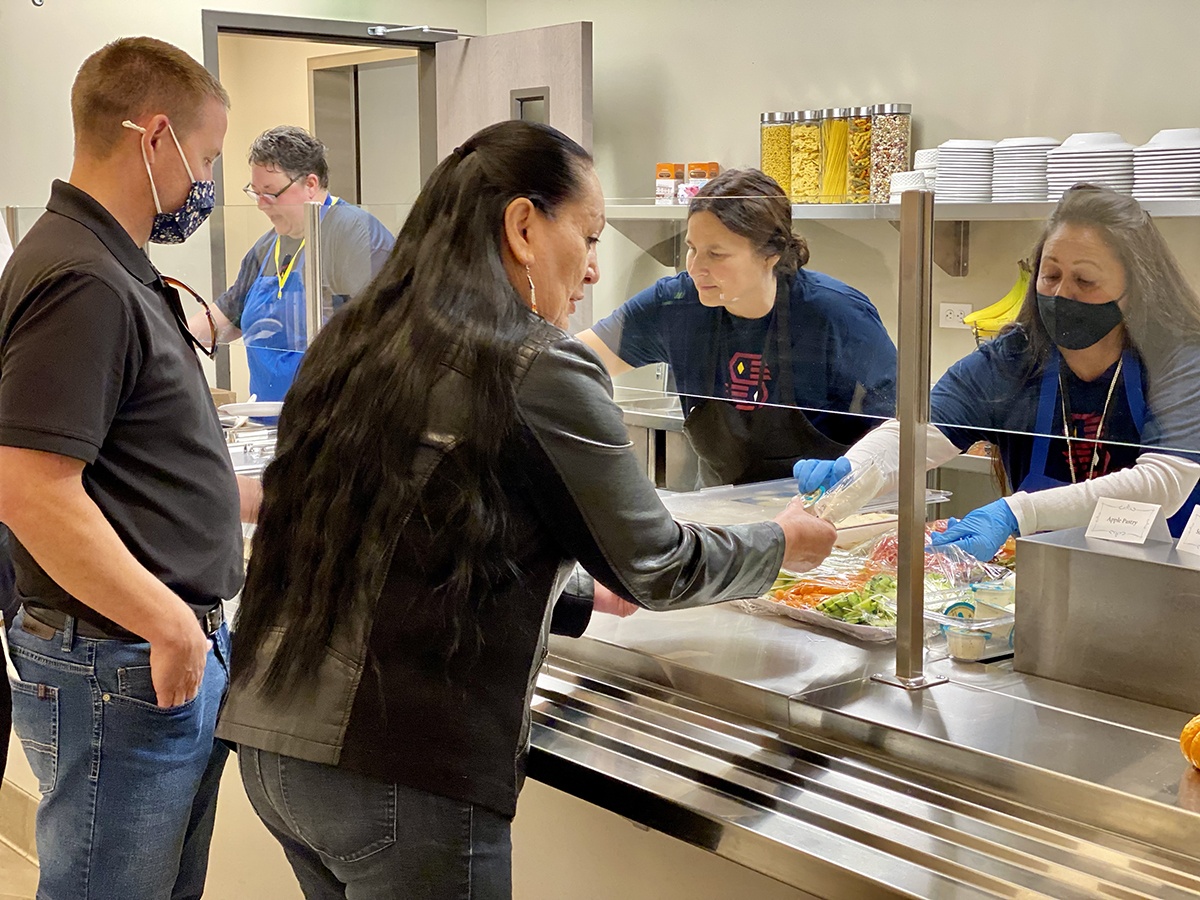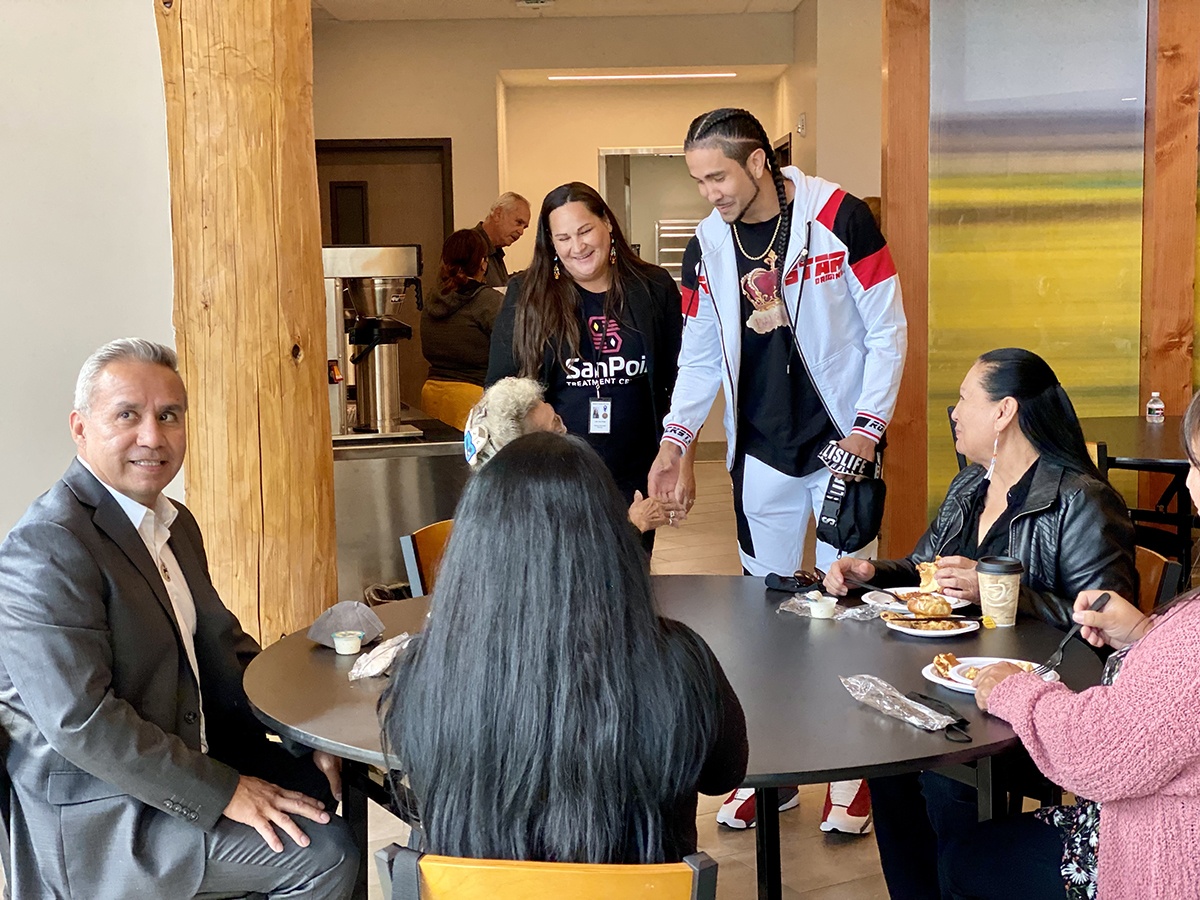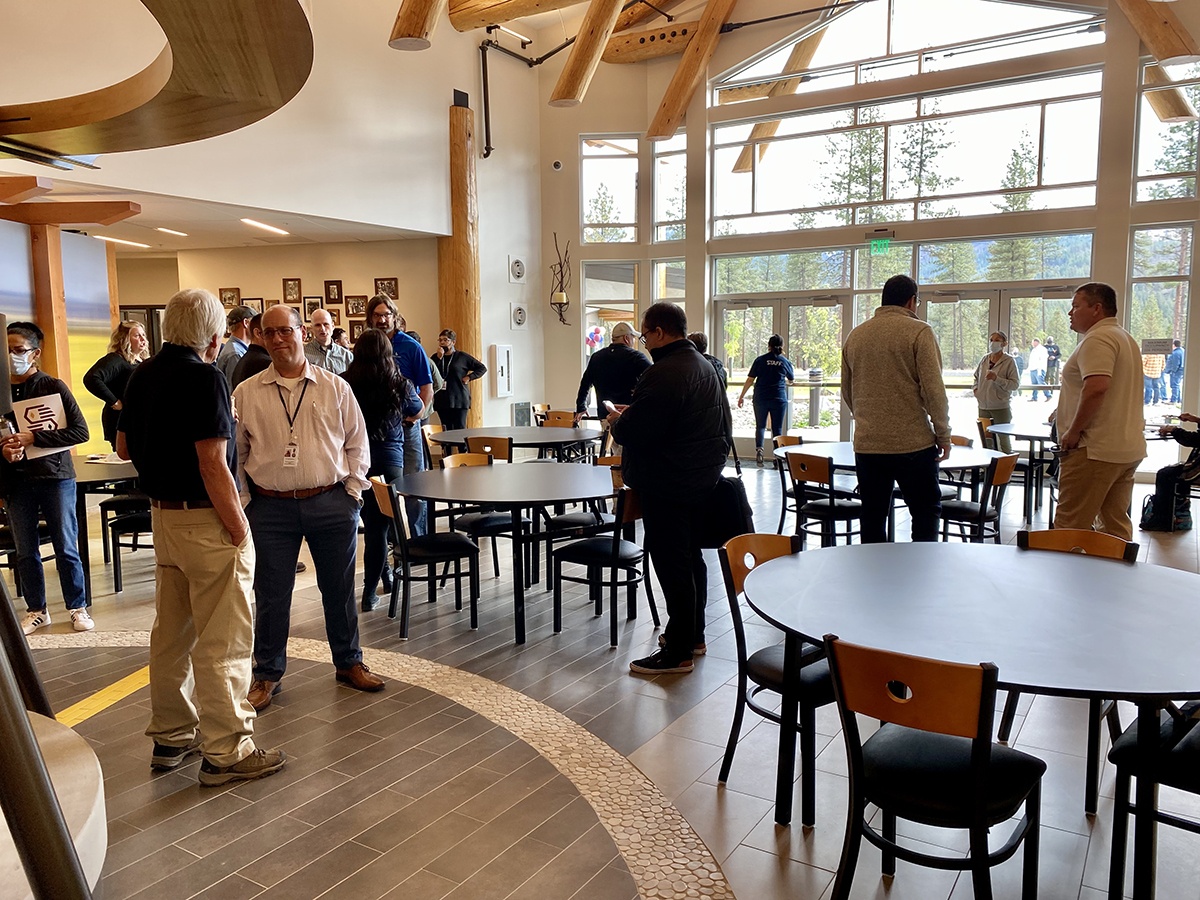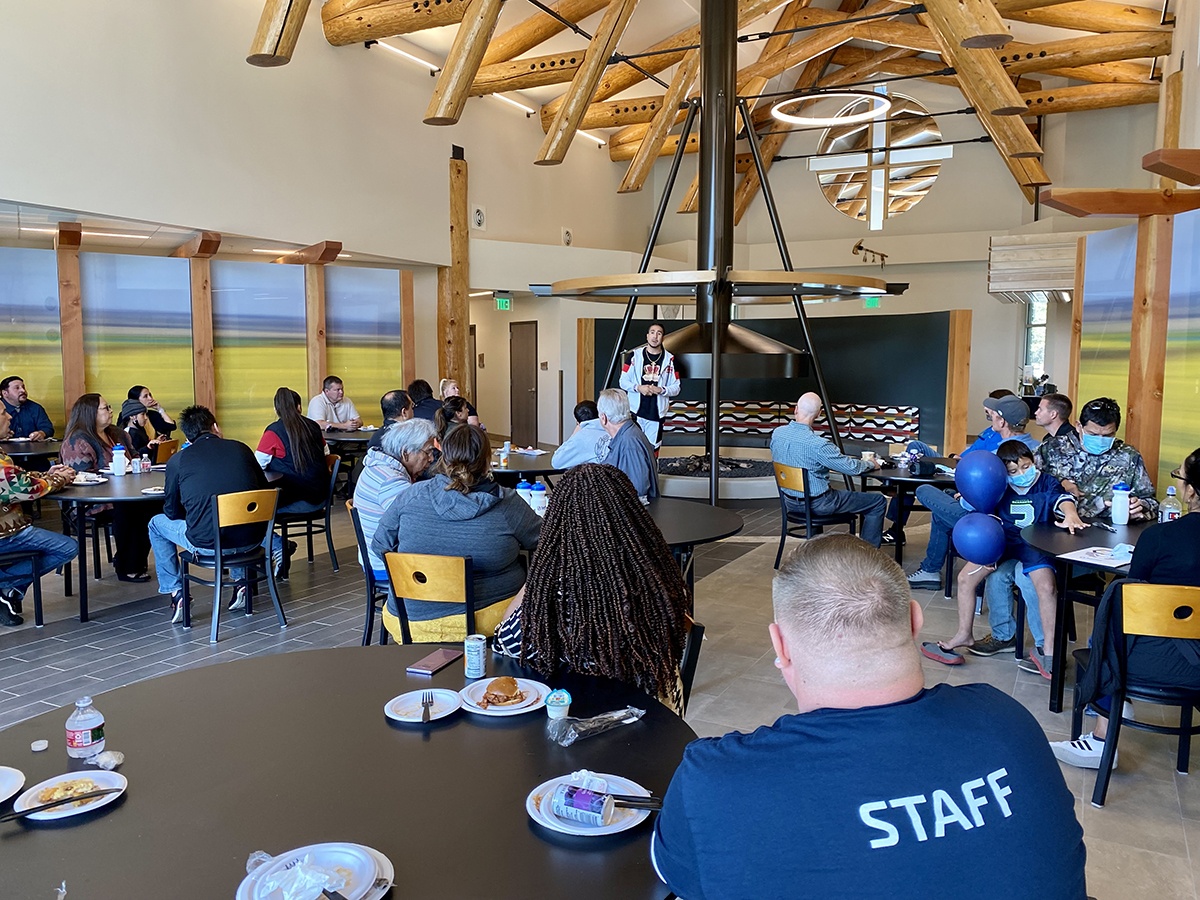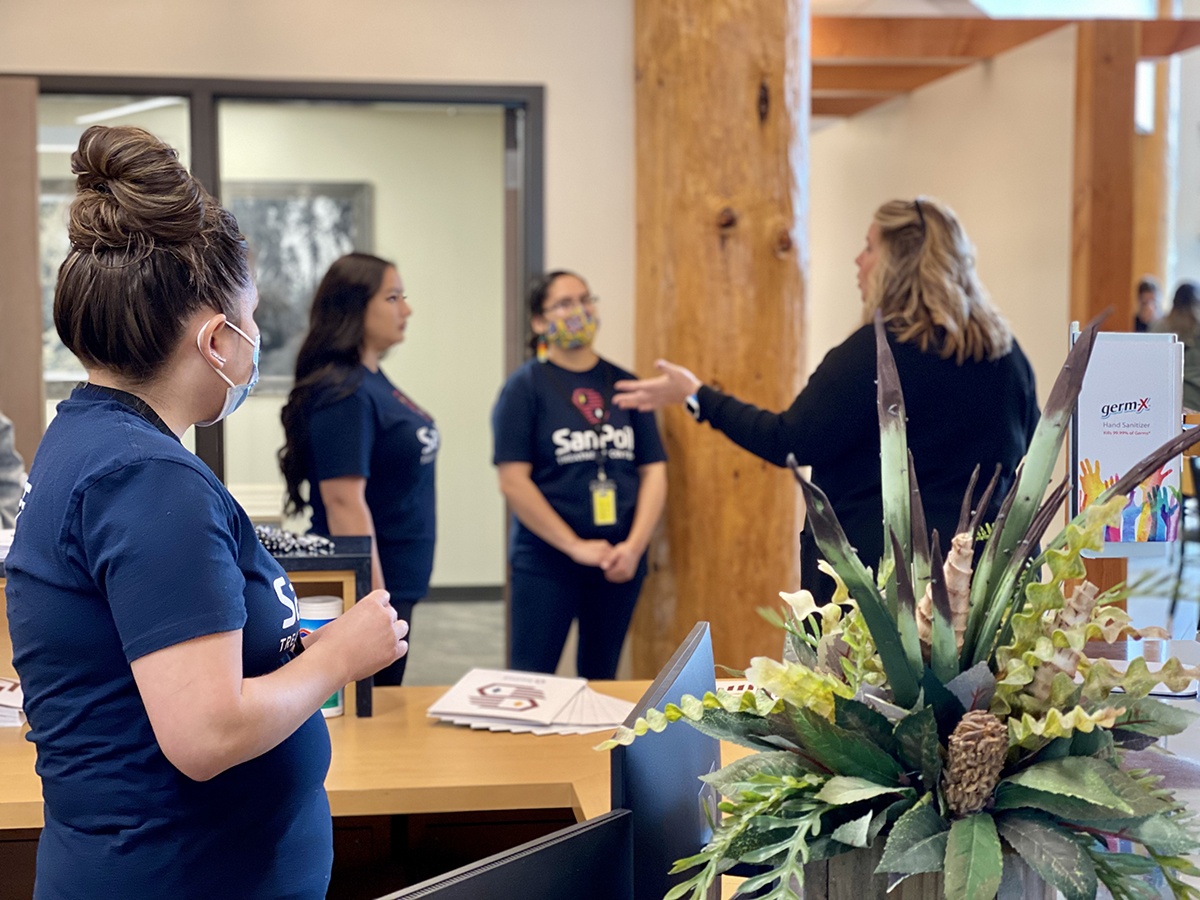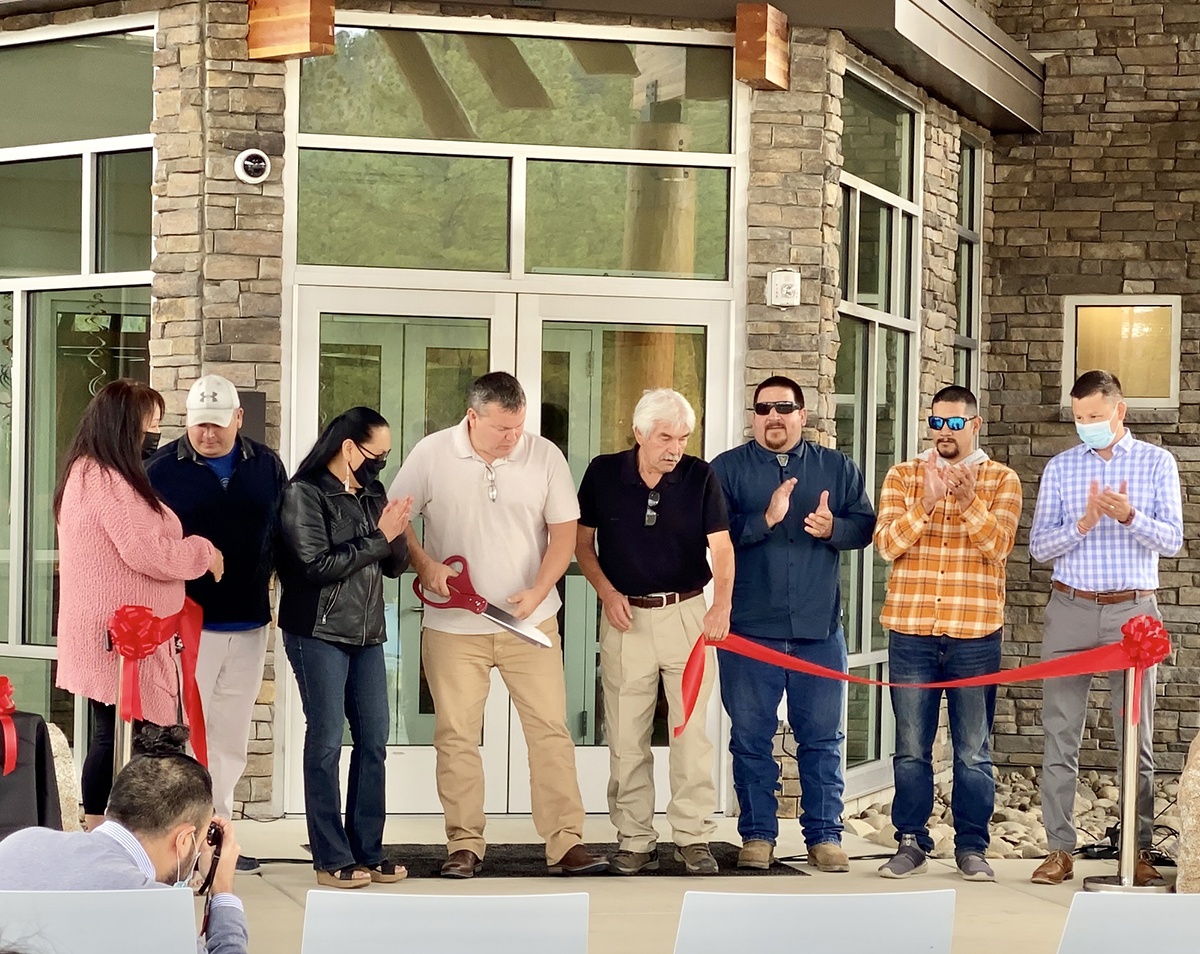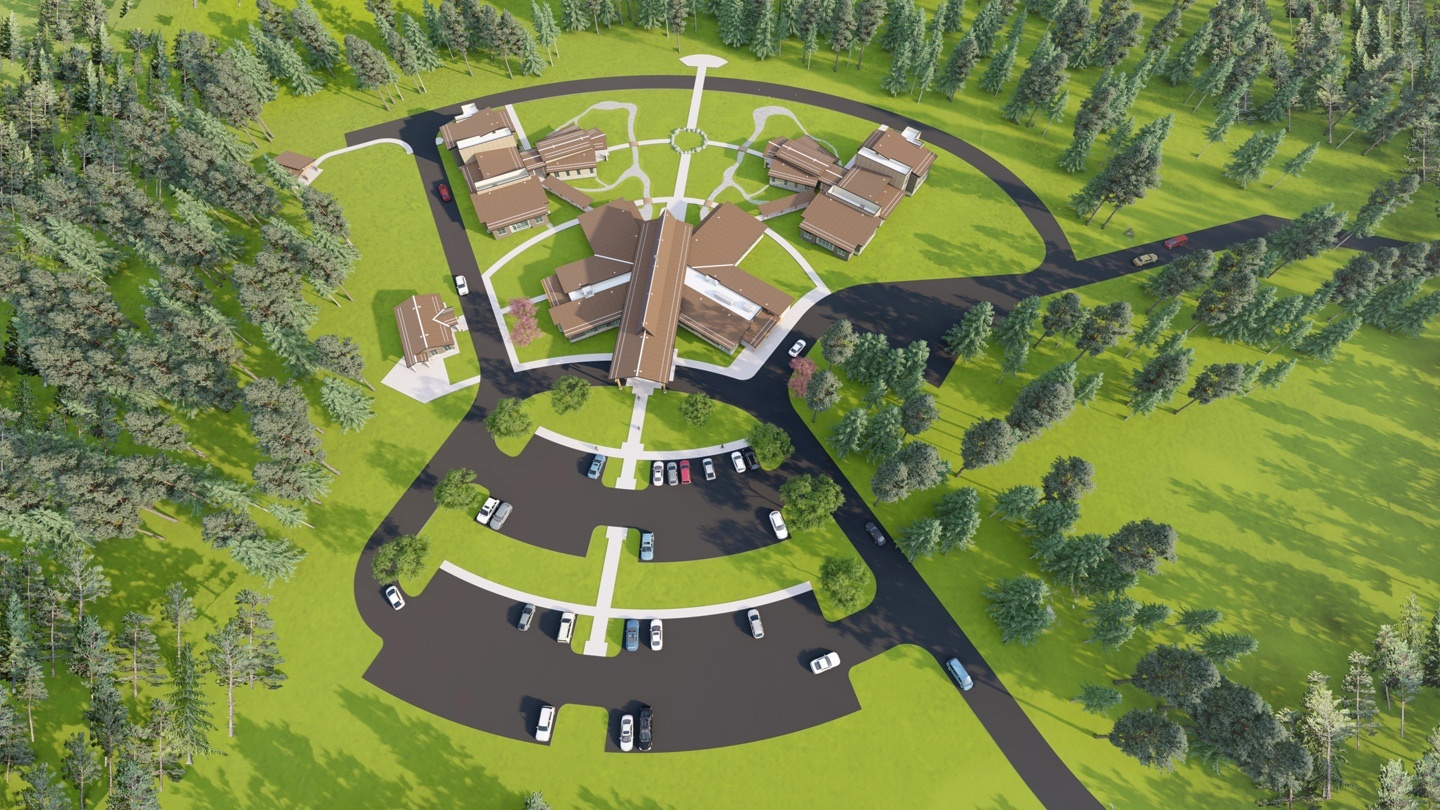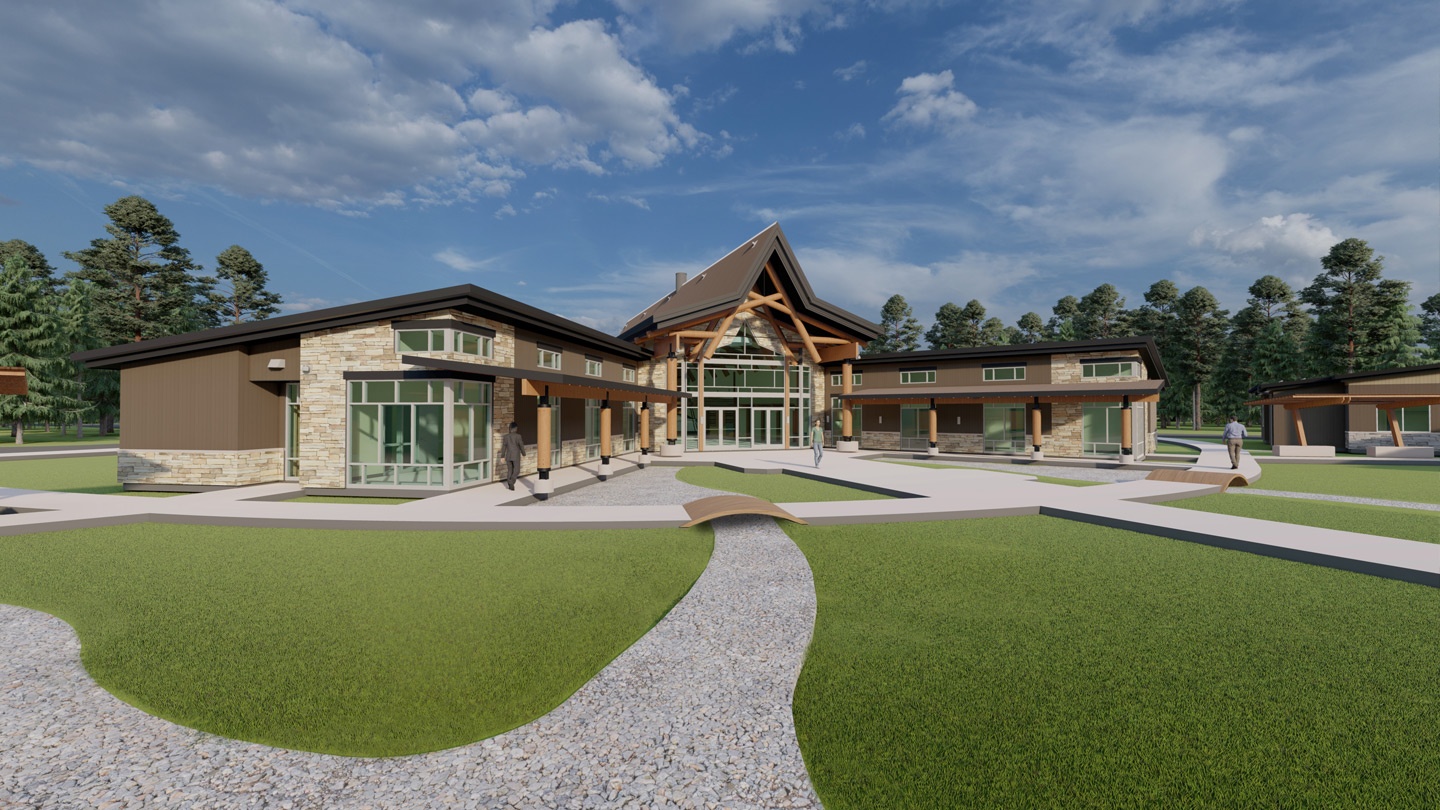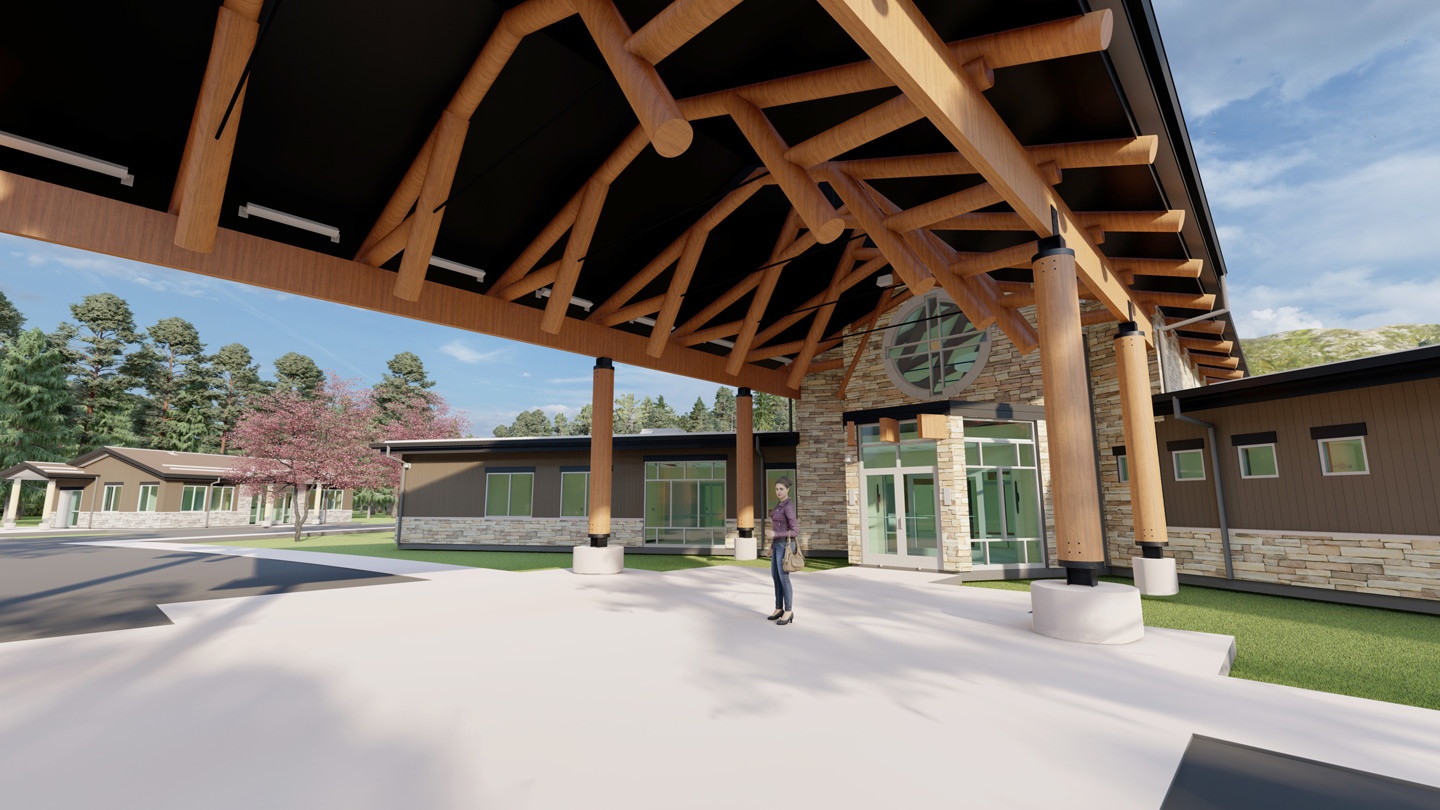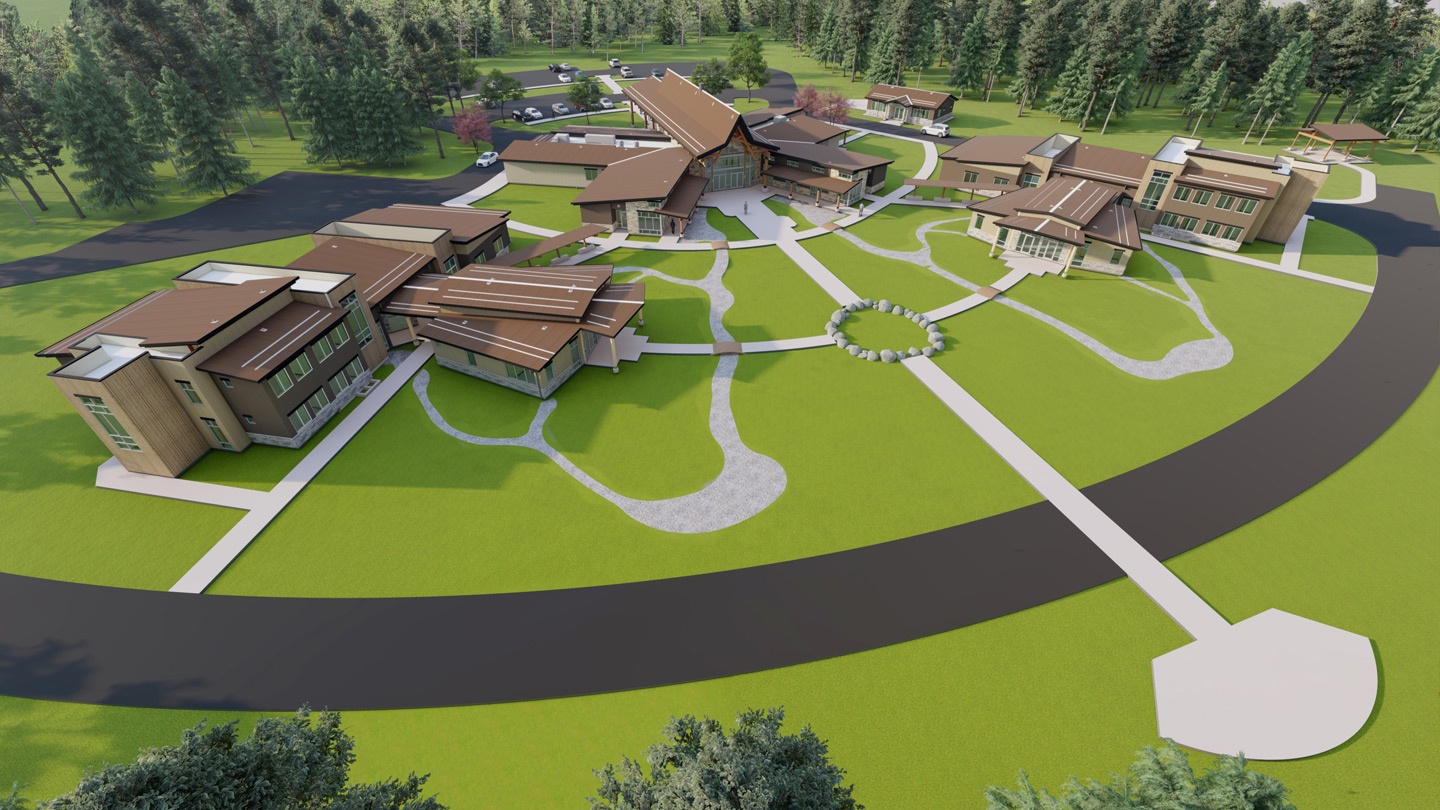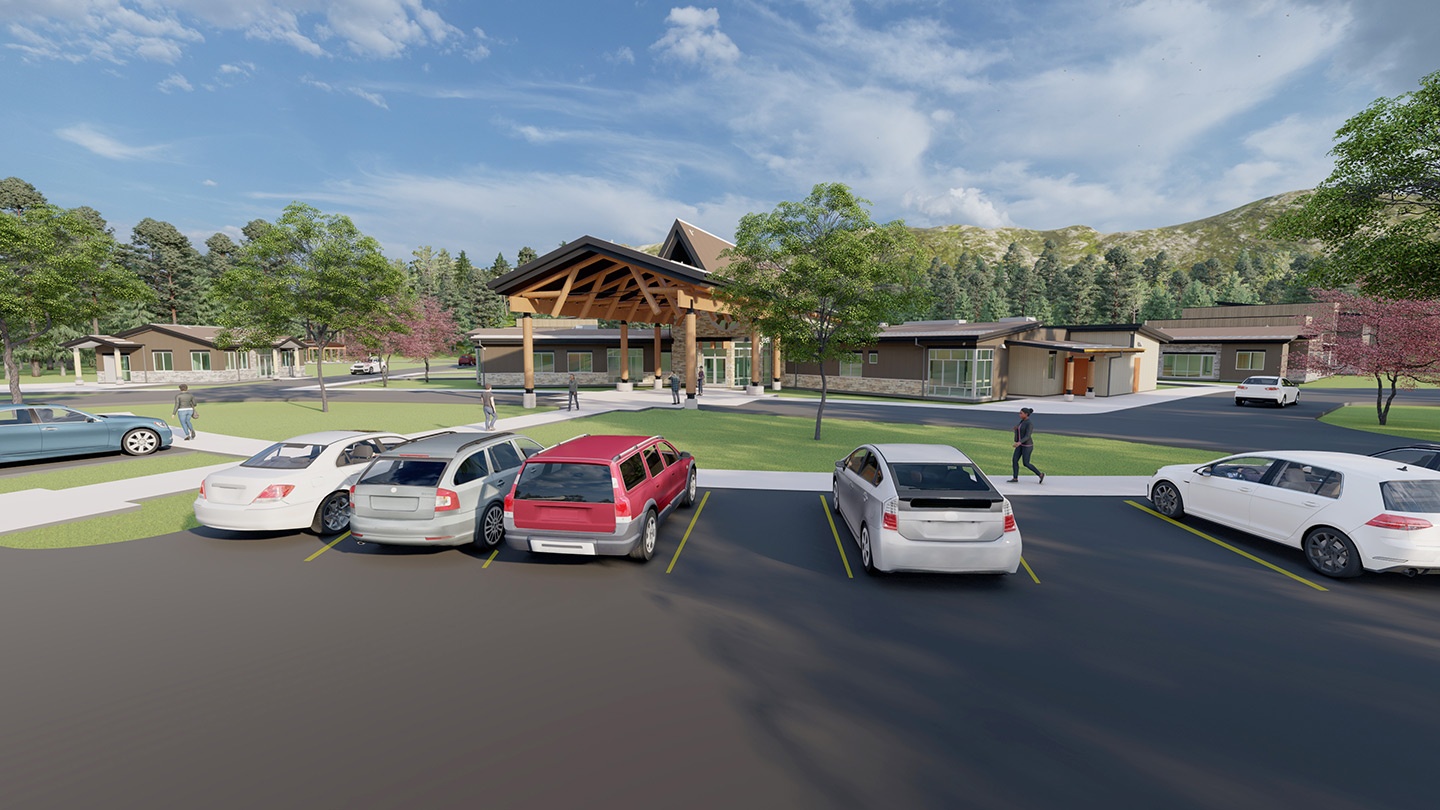Our Mission
Our mission is to provide the highest quality of evidence based residential substance abuse treatment that supports, celebrates and integrates the traditional healing practices of indigenous people. We are focused on helping clients find their way back to their families and their culture.
Inpatient Therapeutic Programs
Understanding that addictive substances can linger in the system for up to 30 days, we prioritize ensuring our clients achieve clarity of both mind and body before embarking on their treatment journey. Our approach is comprehensive, delving deep into the barriers present in our clients’ lives and homes, aiming to uncover the root causes and concerns that pave the way for crafting personalized treatment plans.
We empower our clients to confront the underlying issues fueling their addictions, such as depression, anxiety, and social disorders, fostering a transformative journey toward healing. Through traditional healing methods and cultural immersion, we provide a nurturing environment for the AI/AN community, fostering self-discovery and a deeper sense of understanding, thereby enhancing the prospects for success.
Our dedicated staff maintain round-the-clock supervision, fostering a structured environment where clients feel nurtured and secure. We equip them with essential life skills, from basic household chores to financial management and navigating the complexities of independent living, nurturing a sense of autonomy and empowerment.
At our facility, the duration of stay is tailored to each individual, with some opting for extended stays surpassing 90 days while others may require shorter durations. Factors such as substance use history and prior treatment experiences inform the length of stay, ensuring a personalized and effective rehabilitation journey for every client.
Treatment Programs
Moral Reconation Therapy (MRT) – At its heart, moral reconation therapy is a cognitive-behavioral therapy (CBT). It aims to change faulty thought processes that have led to poor decision-making and substance abuse. Its focus on moral reasoning sets it apart from other CBT-related therapies.
Choice Theory is based on the premise that every individual only has the power to control themselves and has limited power to control others. Applying Choice Theory allows one to take responsibility for one’s own life and at the same time, withdraw from attempting to direct other people’s decisions and lives. Individuals are empowered to take responsibility for their choices and support others in taking ownership of their choices. Negative behaviors reduce in frequency and intensity, relationships strengthen and satisfaction in life increases.
Motivational interviewing (MI) – Counselors help people explore their feelings and find their own motivations. They do this using four basic techniques. Therapists gather information by asking open-ended questions, show support and respect using affirmations, express empathy through reflections, and use summaries to group information.
Integrated Change Therapy Curriculum is a new clinical approach that draws essential elements of brief treatment from multiple sources. Specific innovations in this new practice are influenced by Screening, Brief Intervention, and Referral to Treatment (SBIRT) models, integrated with motivational interviewing (MI), motivational enhancement therapy (MET), functional analysis, and cognitive behavioral therapy (CBT).
Cognitive Behavioral Therapy (CBT) is a form of psychological treatment that has been demonstrated to be effective for a range of problems including depression, anxiety disorders, alcohol and drug use problems, marital problems, eating disorders, and severe mental illness. Numerous research studies suggest that CBT leads to significant improvement in functioning and quality of life. CBT usually involves efforts to change thinking patterns as well as behavioral patterns.
Trauma-Informed Care (TIC) is an approach in the human service field that assumes that an individual is more likely than not to have a history of trauma. Trauma-Informed Care recognizes the presence of trauma symptoms and acknowledges the role trauma may play in an individual’s life and healing process.
Dialectical Behavior Therapy (DBT) is used to help clients deal with day-to-day stresses and work towards a life that feels more meaningful and worthwhile. Targeting the issues that cause distress and help teach them coping skills without having to resort to destructive behaviors (like substance use) is a core goal of DBT.
Our Cultural Specialists implement different teachings that focus on providing culturally focused interventions for Indigenous people by including traditional principles, values, and teachings to support healthy personal and community goals and developments. Cultural Specialists support clients in healing from alcohol, substance abuse, co-occurring disorders, and intergenerational trauma while using teachings and modules from multiple resources around American Indian trainings, history, and research. At the San Poil Treatment Center, we also offer language and cultural revitalization classes, teachings of traditional medicines, foods, healing, ceremonies, and more. All will share Creation Stories and the sqilxlcawt (Indigenous Lifeway) through sweats and cultural activities for the clients and supportive community members while giving thanks to our təmix (plant and animal relatives). lim̓lm̓t slax̌t.


